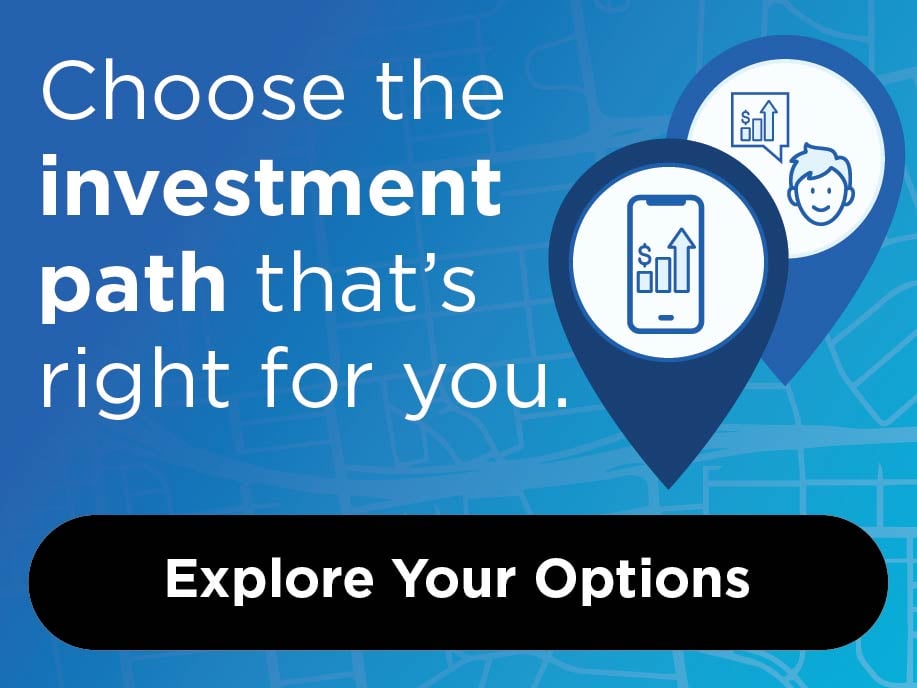
Want to learn more about this topic? Click here to watch our recent Homebuying webinar.
Buying a home is a significant milestone in many people’s lives. From finding the right home to securing financing and navigating through the closing process, there are many steps involved in buying a home. Here is everything you need to know from the day you decide you’re ready to buy to the day you walk into your own home.
Before Beginning Your Home Search
Set Your Mortgage Budget
When looking at your budget, make sure you consider that your “mortgage” is more than just your mortgage payment. Owning a home includes these financial obligations:
- Principal and interest to the loan
- Real estate taxes
- Homeowner’s insurance
- PMI (private mortgage insurance) – may or may not be required depending on your loan and how much you are putting on the down payment
- HOA dues (if your community requires them)
- Utilities for your new home – if you are moving to a bigger home, you can expect your utility cost to rise. If you are accustomed to paying for utilities as part of your rent, these will be a separate cost outside of the monthly mortgage payment
- Maintenance and general upkeep of your home – may include lawn care, cleaning, remodeling and fixing broken components of your home
Get Pre-Approved
A pre-qualification is the first step in the process and requires the borrower to submit a credit application. It’s run through automated processes for a simple, “yes, we would likely finance this borrower.” A pre-approval is the step after prequalification and requires the borrower to submit their credit, income and asset documentation to the lender for a more specific, “yes, we will finance this borrower under these conditions.” Compared to a pre-qualification, a pre-approval is a stronger offer in today’s competitive market.
Know the Importance of Credit
The higher your credit score, the more loan options you will have available to you and with better terms such as lower interest rates and lower private mortgage insurance.
Know the Importance of Income
There are three factors your lender considers when reviewing your income. You will be asked if your income is stable, consistent and likely to continue. Your lender will evaluate your last two-years employment or retirement income and determine your ability to repay your loan. Factors include your frequency of pay, your pay rate and any changes in a career or a loss of income. Everyone’s situation and history can be different. Be sure to review your specific situation with your lender to determine what is possible.
Prepare Your Assets
There are two things to think about when you are evaluating your assets needed to buy a home – down payment and closing costs. Your down payment is money that goes toward the cost of the home. Lenders like to see a down payment because it gives you a starting equity position.
You will also need to plan for closing costs and prepaids for the loan. Your closing costs are the costs of obtaining the loan and include all third-party fees for services rendered such as, but not limited to, your lender’s origination fee, the appraisal fee, title fees and credit report fees. Your prepaids are your upfront taxes and insurance for the loan paid at closing. A borrower will typically pay their first year’s homeowner’s insurance premium plus a deposit for three months of taxes and insurance that go into your escrow account at closing.
Find the Best Loan for You
Work with your Mortgage Advisor to find the best loan option for you. There are many options and programs to choose from. Here are some of the most common mortgage loans at CommunityAmerica:
- Conventional loan – typically has a low (3-5%) down payment option and competitive interest rates and private mortgage insurance (PMI) premiums for borrowers with higher credit scores. These are offered on fixed-rate terms and adjustable mortgages (ARMs).
- FHA Loans – requires a low down payment requirement of 3.5% and offer better interest rates and mortgage insurance premiums for borrowers that have lower credit scores.
- First-Time Homebuyer Loan – This loan allows eligible first time homebuyers to purchase a home with as little as $500 towards closing costs while keeping your hard-earned savings in the bank. No down payment is required, but closing costs and prepaid will apply.
During Your Home Search
The Role of a Realtor
Working with a realtor is recommended. Your realtor will set up your home search, attend showings with you and be your advocate in the negotiation process. They will also coordinate with inspectors, appraisers, the title company and your lender to ensure all parties have the necessary documents signed.
Contract Acceptance
If your contract is accepted, you will provide the contract to your Mortgage Advisor, discuss the details of the loan and locking in your interest rate. Your Mortgage Advisor will send you the initial loan disclosure packet, including the official Loan Estimate which covers the details of your loan in an itemized format.
You will also work with your realtor to deliver your earnest money. Earnest money is an upfront deposit paid to the seller’s title company as a sign of good faith that you intend to move forward with the purchase of the home. This money is held in escrow and will be applied towards your down payment or closing costs at closing.
This is a great time to begin shopping for homeowner’s insurance. Homeowner’s insurance can cover losses and damages to your residence, property, personal belongings and other assets in your home.
Loan Processing and Underwriting
During the loan processing and underwriting stage of the loan process, your lender will review all your credit, income asset, and property documents to verify they can provide a loan to you. Once the lender has clarified any conditions in your documentation, you will get your final approval. When your loan is officially approved, your lender will begin working with the title company to finalize the closing numbers and set up a closing date and time.
Closing Time
You will meet with your escrow agent at the title company to sign your documents. On the day of closing, you will meet a notary at the title company to review and sign your loan documents. After you sign and hand over your funds for closing, the title company will submit your signed lender documents back to the lender who will review to make sure they have all necessary paperwork to authorize funding. This may take a few hours, but funding generally takes place the same day so you can take possession. Don’t forget a keychain, because after this, the house is yours!
At CommunityAmerica, we invest in the financial well-being of our members by providing the tools and expertise needed to help you achieve your financial goals. Schedule a meeting with a CommunityAmerica Mortgage Advisor, visit your nearest branch or give us a call at 913.905.3799 today if you have any questions about the mortgage process.





